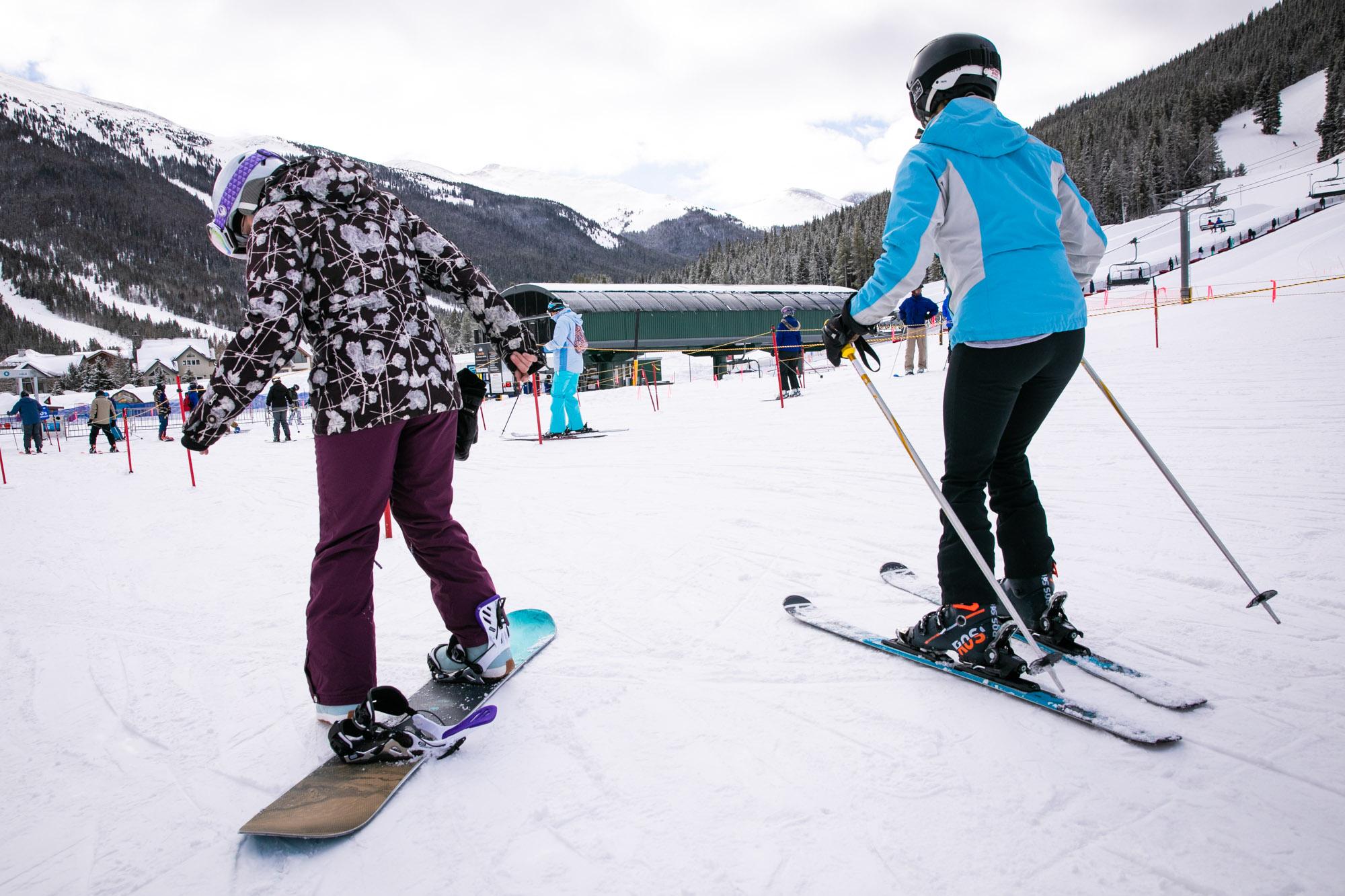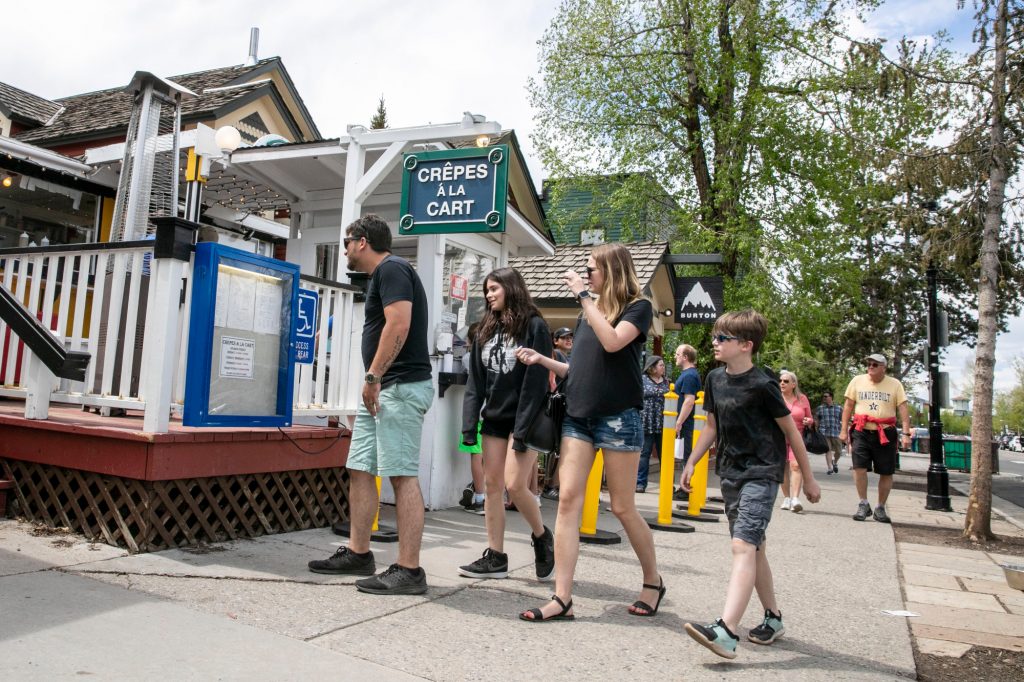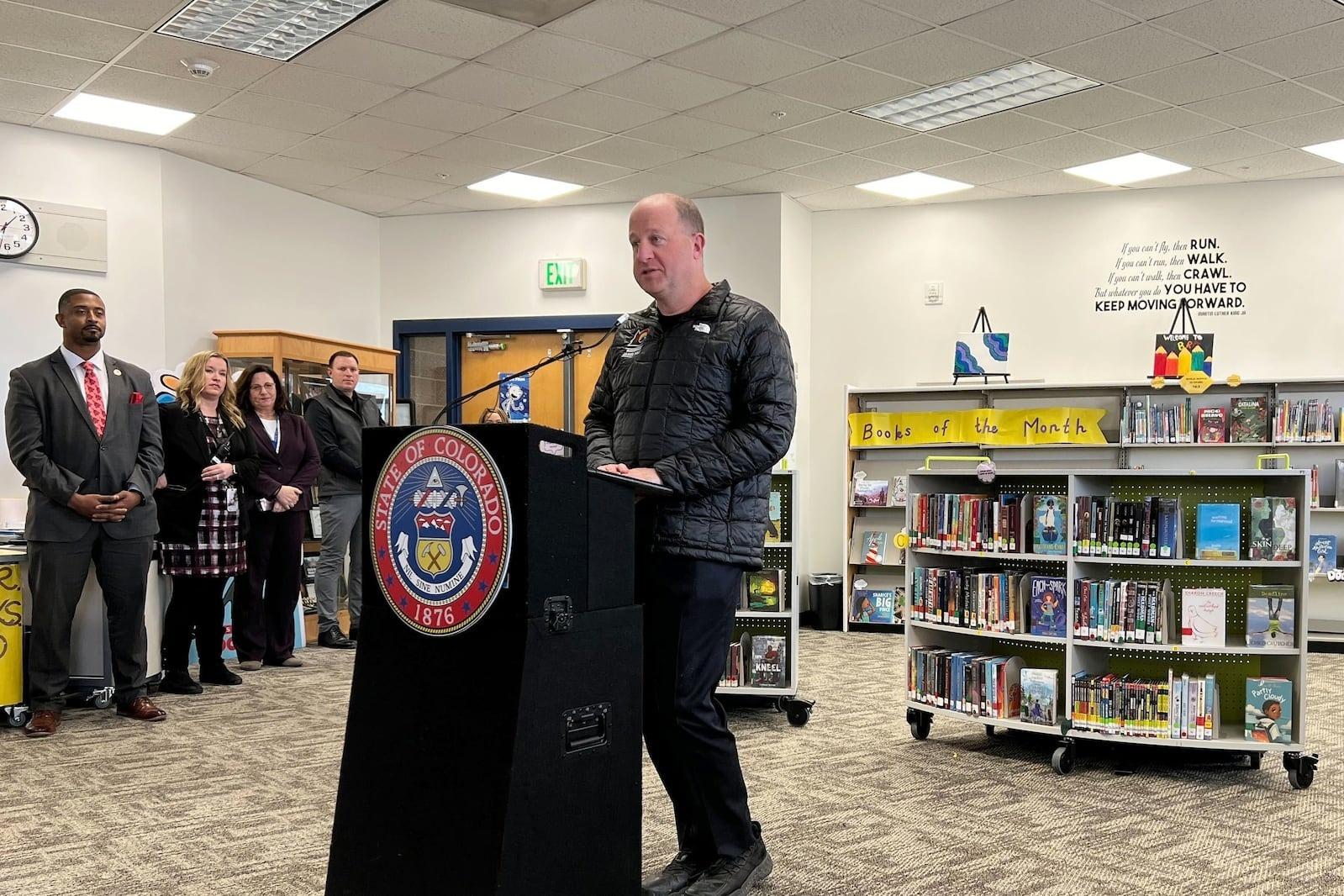
Some of Colorado’s mountain towns were able to make up much of the sales tax lost when businesses shut down last year due to COVID.
How?
People flocked to resort communities later in the pandemic, according to a new report from the Colorado Association of Ski Towns.
Sales tax collections declined by about 5 percent in 2020 compared to 2019, the report shows, much less than economists initially feared. The study covered Eagle, Grand, Pitkin, Routt, San Miguel and Summit counties.
Businesses reliant on tourism saw the biggest drop-off. Lodging tax collections were down by more than 70 percent in spring of 2020, according to the report. Overall, they ended the year down 14 percent for the region, and as much as 40 percent in some areas.

Residential vacation rental collections — separate from hotels — actually increased in places including Frisco, Breckenridge and Vail. Sectors that are more reliant on resident spending – such as groceries and home improvement products — also saw gains.
Spending improved across the board late last summer, and continued to gain into early fall. In October, sales tax collections were up 23 percent from the previous year. The trend reversed as COVID-19 cases started to climb in November.
Mountain communities got a substantial boost in tax revenues from internet sales, a relatively recent development that wasn’t fully baked into 2020 budget projections, according to the report.
“The ability to collect online sales taxes helped make up for declines from local business collections,” the study’s authors wrote. “The unpredictable windfall … was timely during the COVID year.”
The surge in visitation across the state’s mountain communities was driven both by part-time residents staying for longer periods and by people coming in from out of town, the study found. Mountain towns are prepared for large crowds this summer with people eager to get out and as outdoor recreation picks up.
While good for community coffers, the influx has downsides for long-time residents and those who work locally. For example, rents increased 20 to 40 percent in one year, and home prices are at record highs. Some mountain towns have even considered or have declared the lack of affordable housing an emergency.
- Crested Butte Purchases Hotel For Seasonal Workers As It Declares Housing An Emergency
- After 10 Years Of Urban Growth, Mountain Counties Like Chaffee And Fremont Want A Rural Voice At Congress
- Mountain Towns Prepare For Large Crowds As Summer Sports And Outdoor Recreation Festivals Return
- You Can Ride A Train To The Top Of Pikes Peak Again — Oh, And A New Visitor Center Is There To Greet You









